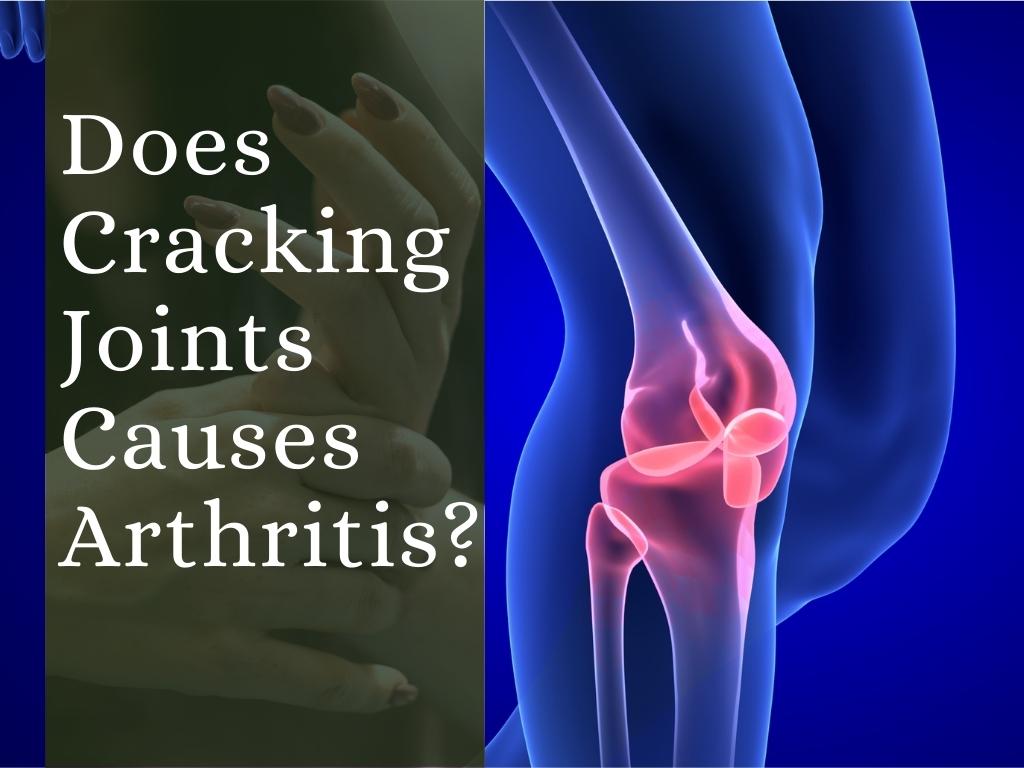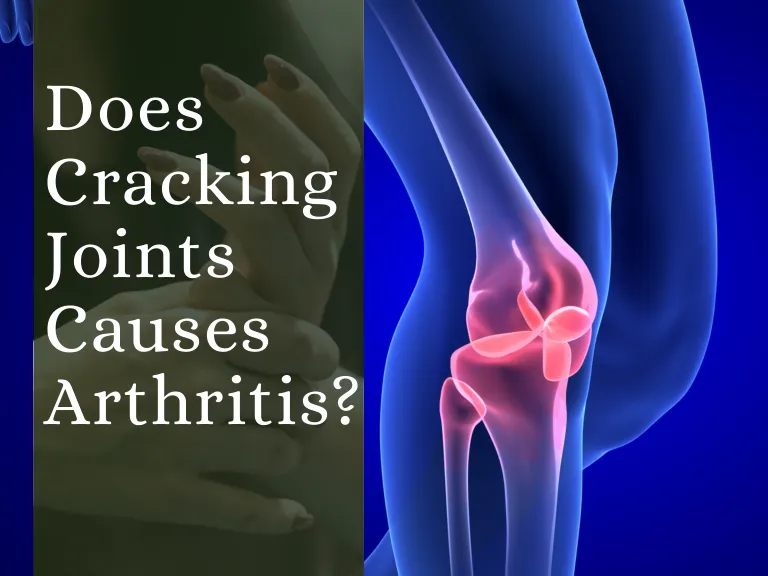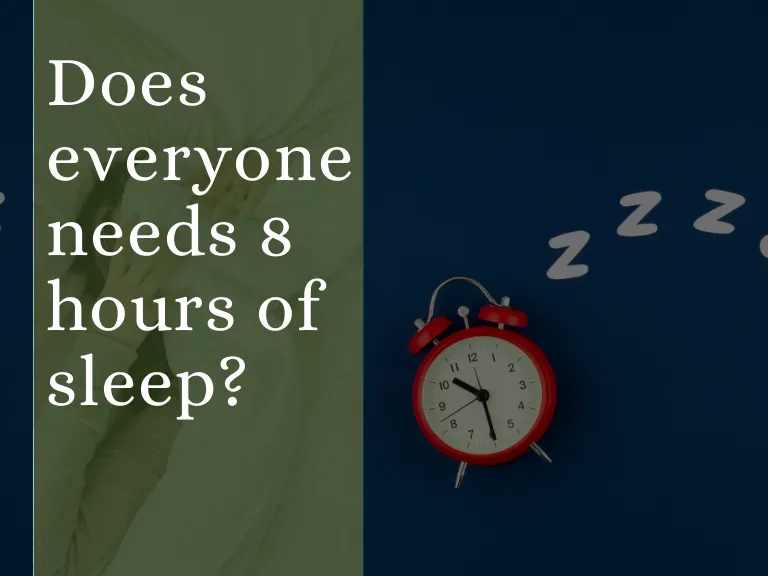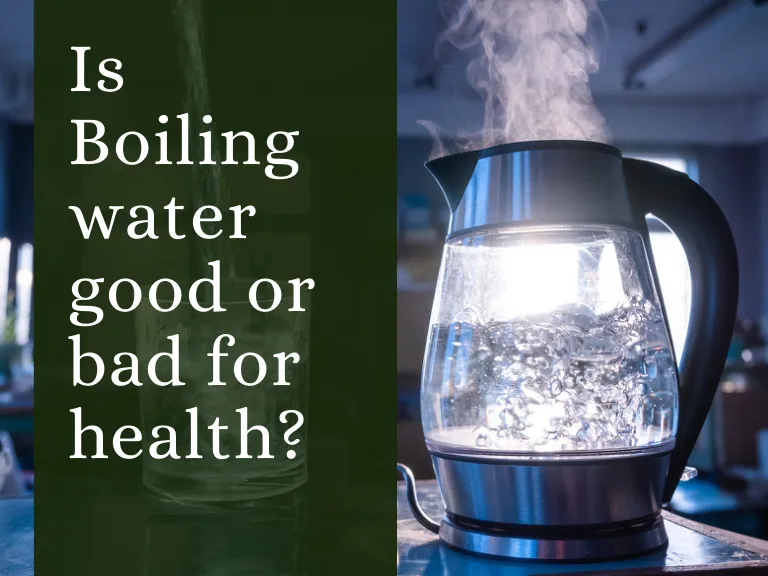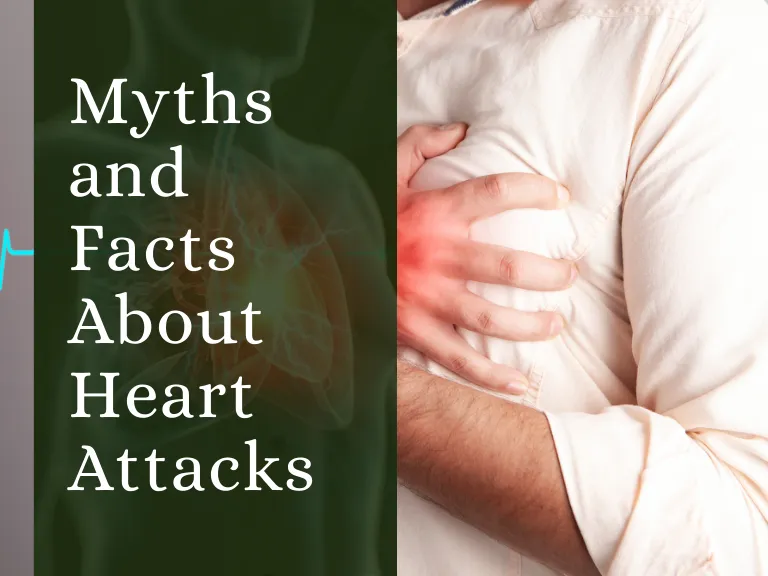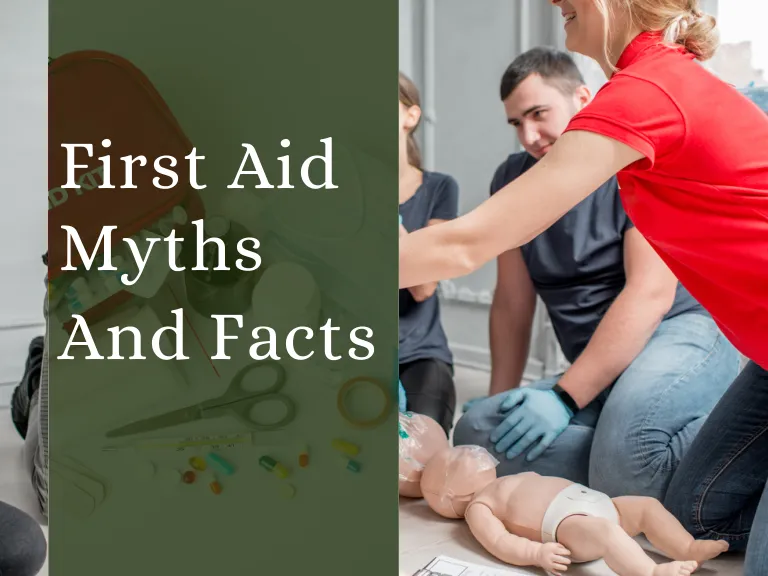Cracking Joints Causes Arthritis
-
 Nalamaree Team
Nalamaree Team
- 09 May 2024
The relationship between cracking joints and arthritis is a topic of debate among medical professionals. Cracking your joints does not directly cause arthritis, but there is some evidence suggesting that habitual joint cracking might be associated with joint problems over time.
The popping sound that occurs when you crack your joints is caused by the release of gas bubbles from the synovial fluid, which lubricates the joints. This process, called cavitation, does not harm the joints themselves. However, excessive or forceful cracking of joints might potentially irritate the surrounding tissues or stretch ligaments, which could lead to joint instability or other issues in the long term.
Arthritis, on the other hand, is a complex condition involving inflammation and damage to the joints. There are many factors that contribute to the development of arthritis, including genetics, age, injury, and autoimmune factors. While cracking joints has not been definitively linked to arthritis, it's generally advisable to avoid excessive joint cracking as a precautionary measure for overall joint health.Myth: Cracking your knuckles causes arthritis.
Fact: There is no conclusive evidence linking knuckle cracking to arthritis. However, habitual or forceful knuckle cracking might potentially lead to joint problems over time.
Myth: Only older people get arthritis.
Fact: While arthritis is more common in older adults, it can affect people of all ages, including children and young adults. There are different types of arthritis, and some forms can develop early in life due to genetic or autoimmune factors.
Myth: Arthritis only affects the joints.
Fact: Arthritis primarily affects the joints, but it can also impact other parts of the body, including organs and tissues. Some types of arthritis, such as rheumatoid arthritis, are systemic and can affect multiple organs.
Myth: Cracking joints can relieve arthritis pain.
Fact: While cracking joints might temporarily alleviate stiffness or tension, it does not provide long-term relief from arthritis pain. In fact, excessive joint cracking could potentially worsen joint problems over time.
Myth: Exercise worsens arthritis pain.
Fact: Regular exercise is often recommended for people with arthritis because it helps strengthen muscles, improve flexibility, and reduce joint pain and stiffness. However, it's essential to choose low-impact activities and consult with a healthcare professional for personalized exercise recommendations.
Myth: There's nothing you can do to prevent arthritis.
Fact: While some risk factors for arthritis, such as age and genetics, cannot be changed, there are steps you can take to reduce your risk or manage symptoms. Maintaining a healthy weight, staying physically active, protecting your joints from injury, and following a balanced diet can all help promote joint health.

